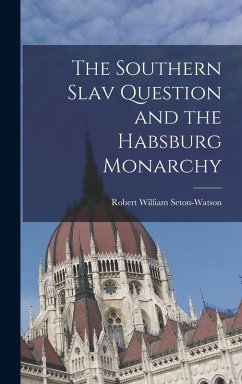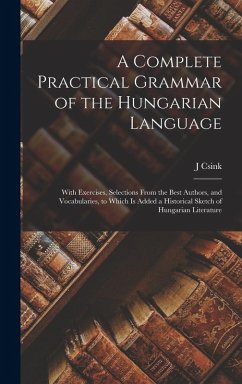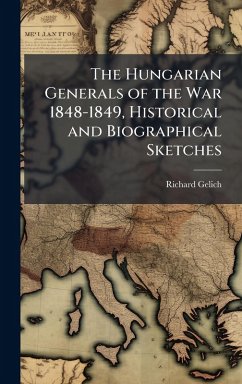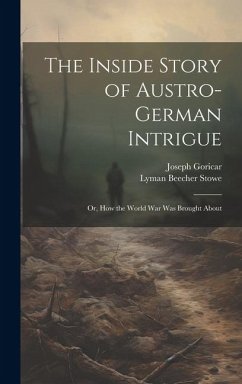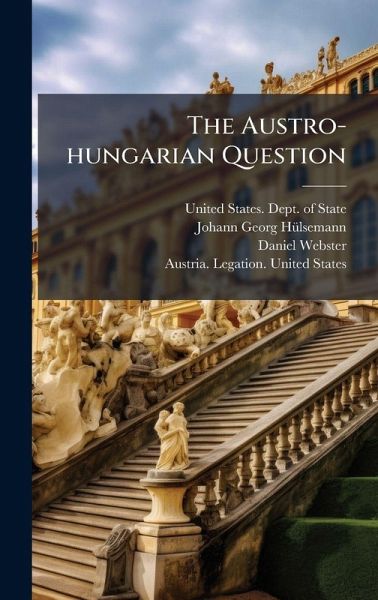
The Austro-hungarian Question
Versandkostenfrei!
Versandfertig in über 4 Wochen
25,99 €
inkl. MwSt.
Weitere Ausgaben:

PAYBACK Punkte
13 °P sammeln!
The Austro-Hungarian Question presents a crucial exchange of diplomatic correspondence between Johann Georg HÃ1/4lsemann, the Austrian Chargé d'Affaires, and Daniel Webster, the United States Secretary of State. This collection of letters offers a fascinating glimpse into the intricate dynamics of international relations during a pivotal period in history. The correspondence sheds light on the political tensions and ideological differences between the United States and the Austro-Hungarian Empire, revealing the challenges and complexities of maintaining diplomatic ties amidst divergent world...
The Austro-Hungarian Question presents a crucial exchange of diplomatic correspondence between Johann Georg HÃ1/4lsemann, the Austrian Chargé d'Affaires, and Daniel Webster, the United States Secretary of State. This collection of letters offers a fascinating glimpse into the intricate dynamics of international relations during a pivotal period in history. The correspondence sheds light on the political tensions and ideological differences between the United States and the Austro-Hungarian Empire, revealing the challenges and complexities of maintaining diplomatic ties amidst divergent worldviews. Readers gain valuable insights into the strategies, concerns, and objectives that shaped the foreign policies of both nations. This historical document provides essential context for understanding the evolving relationship between Europe and the United States, making it an invaluable resource for scholars, students, and anyone interested in the history of diplomacy and international relations. This work has been selected by scholars as being culturally important, and is part of the knowledge base of civilization as we know it. This work was reproduced from the original artifact, and remains as true to the original work as possible. Therefore, you will see the original copyright references, library stamps (as most of these works have been housed in our most important libraries around the world), and other notations in the work. This work is in the public domain in the United States of America, and possibly other nations. Within the United States, you may freely copy and distribute this work, as no entity (individual or corporate) has a copyright on the body of the work. As a reproduction of a historical artifact, this work may contain missing or blurred pages, poor pictures, errant marks, etc. Scholars believe, and we concur, that this work is important enough to be preserved, reproduced, and made generally available to the public. We appreciate your support of the preservation process, and thank you for being an important part of keeping this knowledge alive and relevant.








